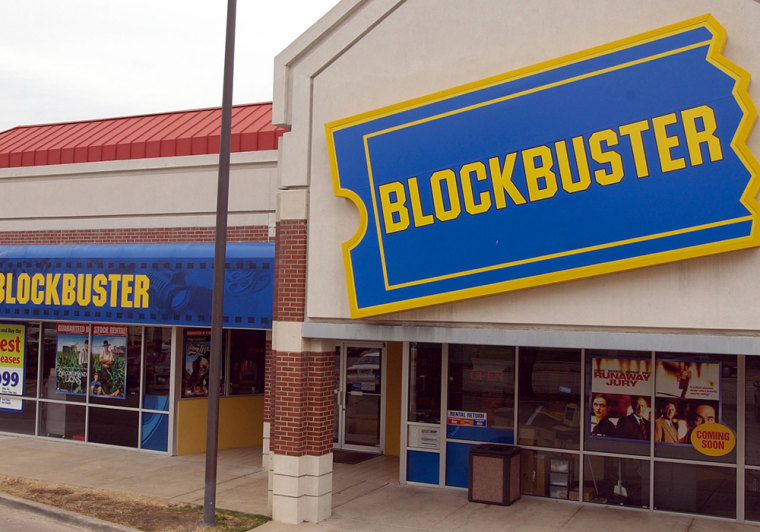Tight-fisted consumers, plunging sales and shuttered stores. That was pretty much the retail story during the bulk of 2008 and 2009, when a drab market brought the headaches of overcapacity, liquidity problems (in some cases) and a round of consolidation.
Will 2010 be better? To a degree. A lot of excess inventory has been drawn down, aligning supply with demand. Analysts hold up Starbucks, Foot Locker and Jones Apparel as healthy companies that are getting healthier because they've been smart enough to rid themselves of excess by shutting down locations.
Most economic forecasters are anticipating a modest recovery this year. That, combined with consumers' voluntary rationing during the last two years, could spike demand for more goods. Industry economic consultant Retail Forward, part of Kantar Retail, forecasts 1.5 percent to 2 percent sales growth during the first half of 2010, with a pickup to 3 percent or more during the second half. That's promising but still below pre-recession levels.
Of course the company bases its prediction for second half acceleration on an assumption of "renewed job and income growth," a scenario that's far from certain. And the past year saw plenty of store closings at major retail chains. Some — Circuit City and K.B. Toys — are already bankrupt. A few others — Blockbuster, Borders Group and Zale Corp. — are in tough financial shape.
"The business they're in is hopeless," industry banker and consultant Howard Davidowitz bluntly says of Blockbuster and its movie rental service. Blockbuster planned to close as many as 960 stores during 2009 and 2010. While the company is taking the right steps in offering DVD rentals online and through an expanding line of kiosks, the breaking of store leases and other costs associated with such a transformation bring big risks of a cash squeeze, notes Davidowitz, who is chairman of Davidowitz & Associates in New York City.
"We did have a liquidity problem in 2009," acknowledges Michelle Metzger, a Blockbuster spokeswoman. But she also notes that the company is selling overseas assets and has taken steps to extend the maturity dates on some of its $600 million-plus debt. Also in trouble: Movie Gallery. The Wilsonville, Ore., chain closed 450 stores in 2009, and plans at least 170 more this year (some published reports put the planned 2010 closings at 1,000; the company didn't return a call seeking comment).
Borders Group, which is shutting down the bulk of its Waldenbooks stores, and Zales, the jeweler that's suffered during the recession-induced consumer cutbacks are also in hot water. Borders, whose stock has plummeted to just over $1.20 a share from almost $30 five years ago, is getting whacked by the "Amazon monster," as Davidowitz puts it, which is plaguing the whole bookselling industry.
A Borders spokeswoman said the company is making every effort to drive store traffic by, among other things, moving away from music and movies and toward digital books and children's material.
As for Zale Corp, a sales slump ignited 218 store closures and a 90 percent drop in the firm's stock price since late 2008 reflect the big squeeze that hit jewelers during the recession. In December, Citigroup declined to renew a private label credit card agreement the Zales, ending a 10-year relationship. Zales announced they'll close another 100 stores this year. The company did not return calls for comment.
